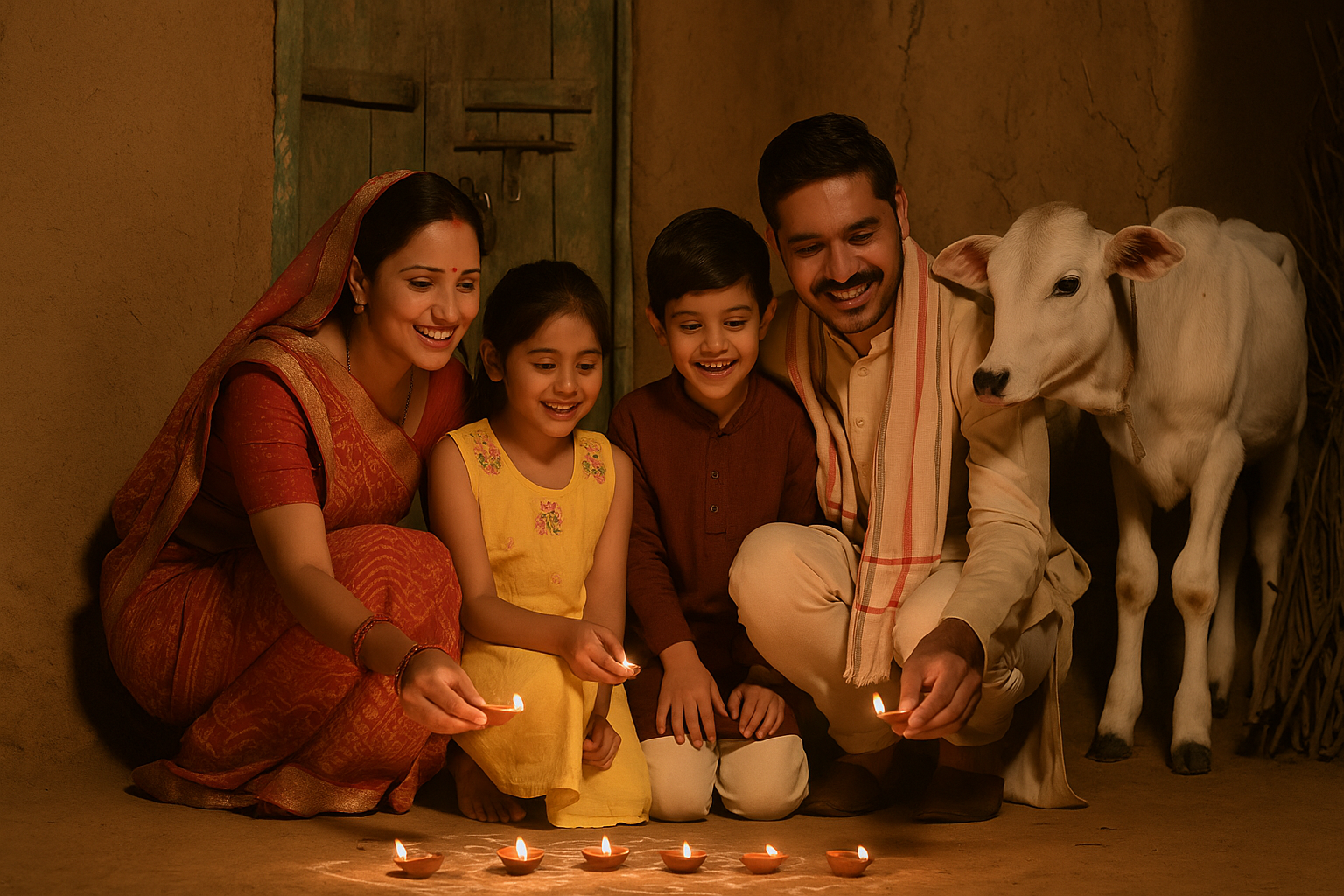🪔 Diwali: The Festival of Lights
Diwali, one of the most important festivals in Hindu culture, is celebrated over five days and holds immense religious, cultural, and social significance
Aditya Pandey

Diwali, also known as Deepavali, is one of the most popular and widely celebrated ancient festivals in India. This vibrant festival symbolizes the victory of light over darkness, knowledge over ignorance, and good over evil. It's not just a Hindu festival; Sikhs, Jains, and Buddhists also celebrate it in various forms. Diwali brings families together, encourages generosity, and fills homes and hearts with joy. 🏠💖
✨ The Significance of Diwali
At its core, Diwali represents spiritual victory. For Hindus, it marks the return of Lord Rama to Ayodhya after 14 years of exile and defeating the demon king Ravana. People welcomed him by lighting oil lamps (diyas) across the kingdom. For Jains, it commemorates the nirvana (liberation) of Bhagwan Mahavir. Sikhs celebrate Bandi Chhor Divas, the release of Guru Hargobind Ji and 52 princes from imprisonment. Each tradition adds depth to the festival's meaning. 🙏
📅 When is Diwali Celebrated?
Diwali usually falls between October and November, depending on the lunar calendar. It spans five days:
- Day 1 - Dhanteras: People buy gold, silver, and utensils to bring prosperity.
- Day 2 - Naraka Chaturdashi (Choti Diwali): Signifies the victory of Lord Krishna over the demon Narakasura.
- Day 3 - Diwali: The main day of the festival, celebrated with prayers, sweets, and fireworks. 🎇
- Day 4 - Govardhan Puja: Marks the day Lord Krishna lifted Govardhan Hill to protect villagers from rain.
- Day 5 - Bhai Dooj: Celebrates the bond between brothers and sisters. 👫
